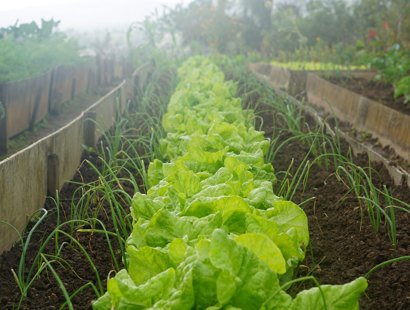
10% Biodiversity net gain – added burden for developers but opportunity for farmers?
The government will shortly reintroduce its Environment Bill which contains a requirement for all new development to deliver a 10% net biodiversity gain; it will be mandatory and non-negotiable.
The scheme aims to ensure that developers leave habitats and wildlife in a measurably better state than they were in pre-development and increase plant and animal life in the UK.
This legislation will affect the majority of proposed developments. Narrow exemptions for permitted development and householder applications have been proposed, and exemptions will be made for brownfield sites with challenging viability. The government will also consider whether minor residential developments should be subject to a transition period greater than two years or a lower net gain requirement.
Off-site mitigation for many small/medium size sites may well become common place providing opportunities for greenfield landowners as well; just as they can apply for planning permission to carry out works to convert agricultural land to SANG land (and sell off excess credits of the same to residential developers) so they will also be able to improve the biodiversity of their land and sell off credits of the same for this new requirement to those developments that cannot accommodate it on site. This alternative use of the poorer grade agricultural land is also foreshadowed in the Agricultural Bill.
On-site vs off-site biodiversity gains: options for developers
Developers are to provide the 10% biodiversity net gain on site and, where this is not possible, they should then look to the local area and provide it off-site. Where local off-site projects are not available and developers are unable to deliver a biodiversity gain locally then they will be able to buy biodiversity units provided by the government, the price of which is yet to be determined.
This is a key element to the proposal in our view as it will mean unlike, for example, the situation with Suitable Alternative Natural Greenspaces (SANG – land that is required to be provided as a mitigation measure to deter new residents from using nearby protected areas in order to protect flora and fauna in the same and instead use the new SANG land for recreation) where the new development is prevented until an on or off-site solution is found, there will be an immediate alternative option of buying biodiversity credits so the new requirement shouldn't cause delivery of many planning permissions to be stalled which has been the case where SANG is required. Pricing of the off-site units will be such so as to incentivise on-site delivery of the net increase in biodiversity.
Of course this may result in an additional cost for developers. As it will be mandatory it will be other aspects of mitigation that may get squeezed once viability reports are assessed.
Opportunities for landowners and financial impact on developers
Off-site mitigation for many small/medium size sites may well become common place providing opportunities for greenfield landowners as well; just as they can apply for planning permission to carry out works to convert agricultural land to SANG land (and sell off excess credits of the same to residential developers) so they will also be able to improve the biodiversity of their land and sell off credits of the same for this new requirement to those developments that cannot accommodate it on site. This alternative use of the poorer grade agricultural land is also foreshadowed in the Agricultural Bill.
Get in touch
If you would like to speak with a member of the team you can contact our real estate planning and construction solicitors; Holborn office (Email Holborn) +44 (0)20 3826 7523; Kingston office (Email Kingston) +44 (0)20 3826 7518; Putney office (Email Putney) +44 (0)20 3826 7518 or complete our form.




